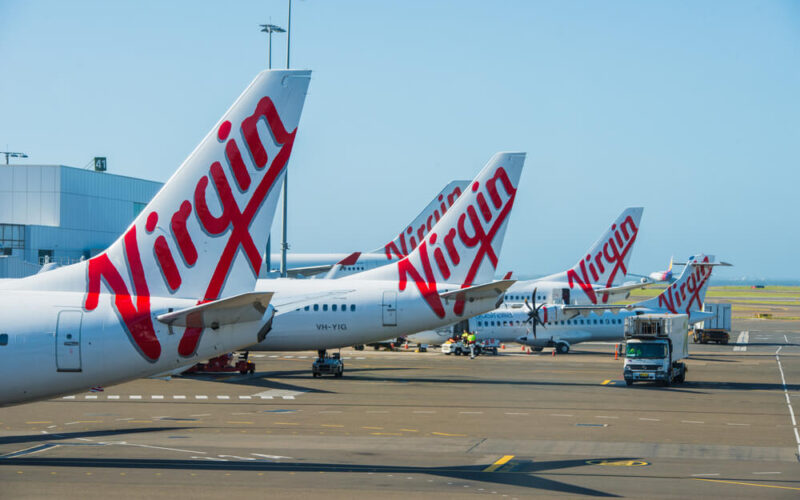Virgin Australia’s woes are seemingly over, as the airline that entered administration in April 2020, found its hero to save it from liquidation. Bain Capital, U.S. based investment firm, announced that it entered into an agreement with the carrier’s administrators to become the new owners and operators of Virgin Australia.
The debt-ridden carrier entered administration during the peak of the coronacrisis in aviation when the majority of airlines around the world were grounded. Despite the very unfriendly environment for investors, Deloitte, the administrators of Virgin Australia, indicated that they received over 20 bids for the airline. The finalists of the bidding process were the newly-enacted owners Bain Capital and Cyrus Capital Partners, another investment firm based in the United States.
Missed phone calls and emails
Cyrus Capital withdrew its bid despite the support of Virgin Australia’s unions. The investment firm delivered two recent bids, with an improved package on June 25, 2020. However, Deloitte had not “returned calls, emails, or meaningfully engaged with Cyrus to progress its offer,” said the company in a statement.
“Despite the material improvements put forward, the administrators have still not engaged with Cyrus on its offer.”
Virgin Australia’s unions, including the Flight Attendants Association of Australia (FAAA) and Australian Licensed Aircraft Engineers’ Association (ALAEA), have publicly expressed their support for Cyrus’ bids. The company was “not dipping their toes in aviation,” stated FAAA secretary Teri O’Toole. ALAEA secretary Steve Purvinas noted that the company knew the Virgin Australia brand “and what makes it successful.”
Cyrus Capital was one of the firms involved in the Connect Airways consortium that purchased the now-bankrupt regional airline in the United Kingdom, Flybe. Furthermore, Cyrus was also involved in Virgin America’s operations. In 2018, Virgin America merged into Alaskan Airlines’ operations.
A hybrid operation?
Currently, the Australian market is dominated by three airlines: the hero of the story, Qantas and its low-cost subsidiary Jetstar. While Qantas appeals to the upper echelon of passengers, Jetstar is perfectly suited to serve leisure travelers with its low-cost approach.
Virgin Australia initially started out as a low-cost carrier with an all-Boeing 737 fleet, but in 2011 ventured into long-haul businesses, including an overhaul of its lounges. The airline rebranded from Virgin Blue, a profitable airline throughout the 2000s, to Virgin Australia: an airline that saw a profitable year once in 2012. It tried to kick Qantas in the face but could only reach the giant’s shins, marking its difficulties in competing against the de facto Australian flag carrier.
Bain Capital seemingly looking to offer a hybrid product, as it would “strengthen Virgin Australia’s regional services and ensure the airline emerges offering exceptional experiences at a great value while continuing to service business travelers, as well as those of us traveling for fun or to visit loved ones,” stated the company.
“Bain Capital has spent many hours over the past weeks speaking to us and getting a deep understanding of our business and working to secure a deal with our administrators,” said in a statement the airline’s CEO Paul Scurrah. The new investors would cement Virgin Australia’s future as a major Australian carrier, added Scurrah, as the airline would be able to “bring competition to millions of customers for many years to come.”
The newly-appointed owners of the airline would have to overcome a mountain of debt, as the carrier still owes over $4.6 billion (AUD6.8 billion).

